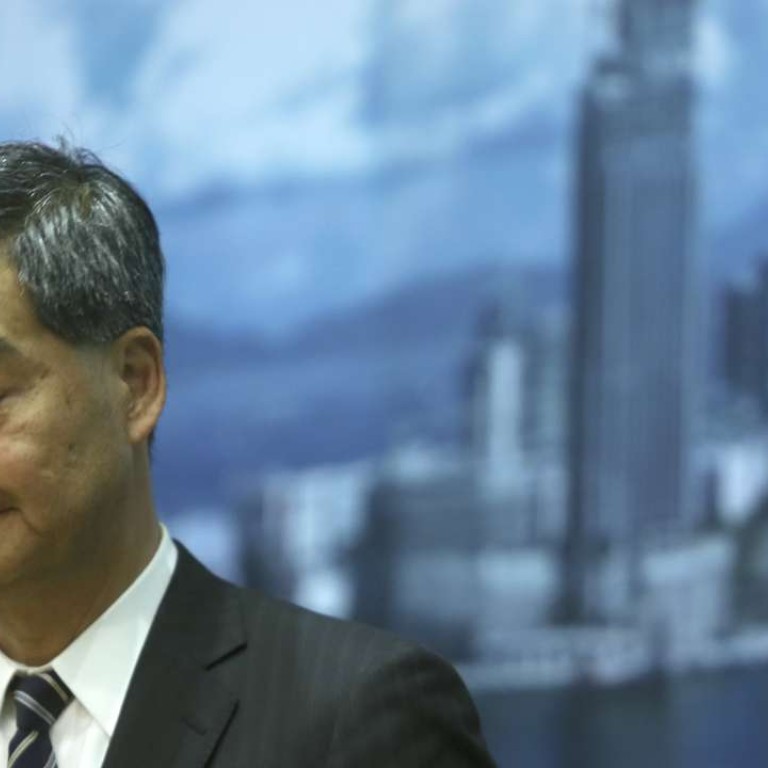
Retirement policies in 2017 policy address fail on key objective – to provide Hong Kong’s elderly with peace of mind
A pension and peaceful retirement should be a civic right
After years of discussion and so-called consultation with academics and advisers, the latest batch of policy overhauls announced in the 2017 policy address on retirement protection and elderly care come as a disappointment.
The reasons are threefold. Forgoing a universal pension system, the government will instead add another tier to the Old Age Living Allowance. This means recipients whose assets are less than HK$144,000 will be eligible for a payout of HK$3,435 a month, HK$940 more than offered under the original system.
The asset limit for the allowance will also be raised from HK$225,000 to about HK$329,000 for elderly singletons and from HK$341,000 to HK$499,000 for elderly couples.
While the government has extended the old age allowance and raised the asset limit by a small margin, many of the city’s elderly will still fail to meet the asset requirements. Those who have assets slightly over the limit, for example, will be left unprotected.
The government will have thus failed to meet a key need and objective – to provide Hong Kong’s elderly residents with a stable source of income and peace of mind in retirement.
Secondly, the age of eligibility for the elderly’s Comprehensive Social Security Assistance (CSSA) scheme will be raised from 60 to 65 to align with policy efforts to extend the city’s retirement age. The age of 65 is also the point at which residents can withdraw accrued benefits from their Mandatory Provident Fund savings.
This will put those who are forced to retire early, such as workers engaged in manual and intensive labour jobs who succumb to injury or those who must leave the workforce due to illness, at a disadvantage. Those aged 60 to 64 will be required to seek jobs. This puts not only stress on early- retired recipients of CSSA, but also demands a higher administrative workload of workers in social security units and social workers at NGOs.
Finally, Chief Executive Leung Chun-ying has pledged to “progressively abolish” the controversial MPF offsetting mechanism. The government, however, will bear part of the cost by subsidising employers in the 10 years after abolition. It is difficult to see how such an arrangement can solve the retirement protection issue. It will take years for the impact of the new arrangement to be felt.
A pension and peaceful retirement should be a civic right. As such, retirement protection systems should be rights-based. This means all residents of age should be eligible for public services such as health care and not have to worry about retirement.
With all these different age and asset limits and means tests, the current system is clearly fragmented. It lacks holistic policies that have an impact. The government has also not clearly addressed issues such as the financial sustainability of the proposed policies.
We have always recommended a funded scheme which involves contributions from employees, employers and the government, as opposed to one that relies solely on public revenues.
Public discussion over retirement protection has been prolonged and comprehensive, but as yet the government has been unable to provide a clear justification for its chosen approach.
Wong Hung is an associate professor of social work at Chinese University
